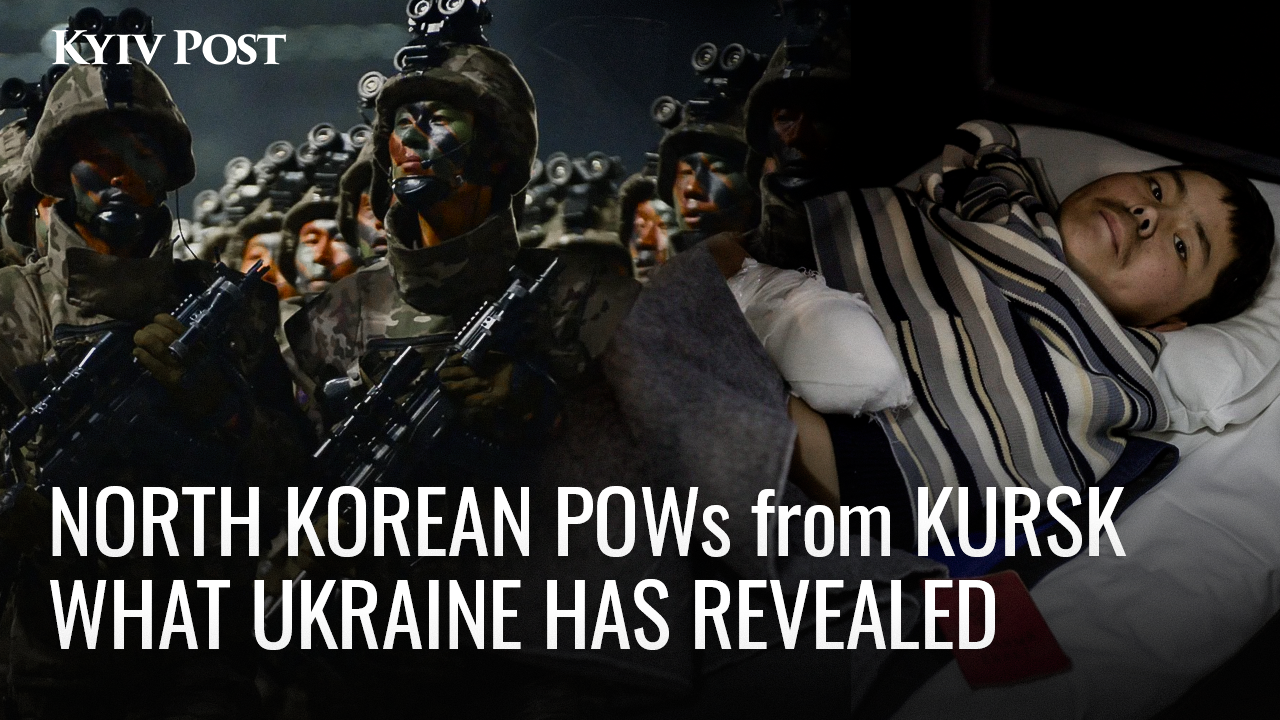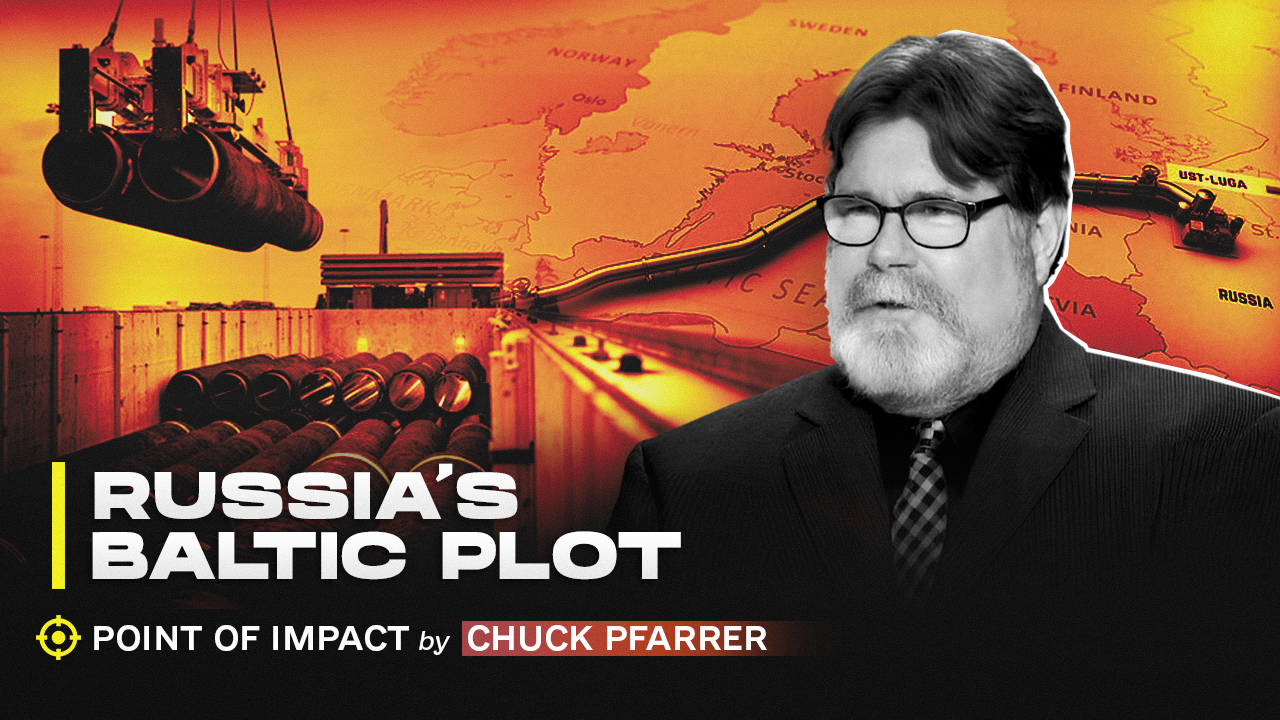Czech Prime Minister Petr Fiala said on Tuesday that the Prague-led initiative to procure ammunition for Ukraine will send its first shipment of artillery shells in a matter of days.
“The first tens of thousands of 155mm ammunition will be delivered in June. Ukraine can expect the first shipment within the next days,” Fiala said.
JOIN US ON TELEGRAM
Follow our coverage of the war on the @Kyivpost_official.
The 155mm shell, a NATO-standard caliber, is used in the most commonly deployed howitzers and other big guns both in Ukraine and in Gaza. They are in high demand worldwide. It was recently estimated that Ukrainian forces go through about 200,000 of these munitions per month, whereas, the Wall Street Journal reported, the US is capable of producing those shells at only about 15 percent of that rate.
Fifteen EU and NATO countries have contributed more than €1.6 billion ($1.7 billion) to the Prague initiative to supply Kyiv with ammo and weapons from outside Europe’s borders. So far, from sources other than that Czech-led program, Ukraine has received “918 pieces of heavy equipment... almost 21 million rounds of mid-caliber ammunition and 1.7 million rounds of large-caliber ammunition and missiles” Fiala added.
The prime minister announced his Ukrainian counterpart Denys Smyhal, Dutch Prime Minister Mark Rutte, Denmark’s Mette Frederiksen, Latvia’s Evika Silina and Polish President Andrzej Duda, in the run-up to a meeting of NATO foreign ministers in the Czech capital on Thursday and Friday.

British Defence Intelligence Update Ukraine 23 January 2025
The leaders were expected to discuss ways to accelerate supplies, especially air defense systems, Agence France Presse reported.
Zelensky visits a Belgian airbase, signs agreement with Portugal, The D-Day anniversary in France is next
Shortly after departing Belgium, President Volodymyr Zelensky met with Portuguese Prime Minister Luis Montenegro in Lisbon, where the two countries signed a ten-year bilateral security agreement that includes a €126 million ($137 million) promise of aid for Kyiv this year.
While Portugal has one of the smallest GDPs and military budgets within the EU, it has a disproportionately powerful Navy (the oldest in the world, founded more than 700 years ago). Much of the agreement centers around Lisbon’s contribution to mine clearing, maritime security, participation in the F-16 coalition, and various naval capabilities.
This marks the 12th bilateral security agreement that Zelensky has signed with Ukraine’s allies.
Wrapping up his visit to Belgium earlier, Zelensky toured the airbase that houses the 30 F-16 jets that will be sent to Ukraine by that country over the next few years.
Belgian Prime Minister Alexander de Croo said of the visit on social media, “Ukrainians continue to be killed by the Russian invaders every day. Dear Volodymyr Zelensky, these F-16s will be yours to help you protect your citizens.”
Belgian Foreign Minister Hadja Lahbib previously had announced that her country would provide Ukraine with 30 of its F-16 fighters by 2028, plus payloads of ammunition with which to equip them, and that the first shipment would arrive “by the end of this year.”
“If we allow Putin to follow his path, this is not an impossible scenario," Lahbib said in response to a question about whether Russian tanks could one day invade Brussels, Ukrainska Pravda reported.
It was also announced on Tuesday that Zelensky will attend a ceremony next week in France to mark the 80th anniversary of D-Day, when Allied troops landed on the beaches of Normandy to fight Nazi Germany in Europe.
Ukranians continue to be killed by the Russian invader every day.
— Alexander De Croo 🇧🇪🇪🇺 (@alexanderdecroo) May 28, 2024
Dear @ZelenskyyUa, these F-16 will be yours to help you protect your citizens.
Ukraine can only push back Russia with more and better arms, delivered at a faster pace. pic.twitter.com/YVHydmTGPw
Kremlin tries to intimidate West from allowing strikes within Russia
During a visit to Uzbekistan on Tuesday, Russian President Vladimir Putin warned of “serious consequences” for Western countries if they decide to allow Ukraine to use their weapons to strike targets within Russia.
“In Europe, especially in small countries, they should be aware of what they are playing with,” Putin said, singling out European countries with “dense populations,” indicating that once again, civilians would be an acceptable target for Russian forces.
“They should keep this in mind before they talk about striking deep into Russian territory. It is a serious thing,” he said.
Among the countries advocating to allow Kyiv to hit military targets within Russia are the Netherlands (incidentally the smallest and most densely populated country in NATO) and Estonia (also one of the smallest countries in NATO).
Their leadership agrees with the opinion of EU foreign policy chief Josep Borrell, NATO Secretary General Jens Stoltenberg, and French President Emmanuel Macron, who recently stressed that Kyiv should be allowed to “neutralize” the Russian military bases firing missiles and launching sorties into Ukraine.
Macron has also renewed calls to send Western forces into Ukraine to train its soldiers, a movement that has been gaining momentum across Europe. Putin also addressed these growing voices, warning, “We will do what we think is necessary regardless of who is on the territory of Ukraine.”
The US administration repeated its opposition on Tuesday to using American-supplied missiles on Russian targets.
“There’s no change to our policy at this point. We don’t encourage or enable the use of US-supplied weapons to strike inside Russia,” the National Security Council Spokesperson, Admiral John Kirby, said at a White House briefing.
The Russian occupation of the #Zaporizhzhia Nuclear Power Plant in Ukraine has led to the transformation of the facility into a military base. #UkraineInFlames https://t.co/kK507WpZkg
— UCMC (@uacrisis) May 27, 2024
You can also highlight the text and press Ctrl + Enter













